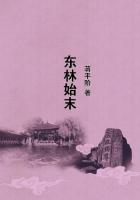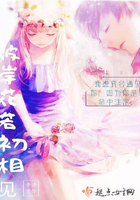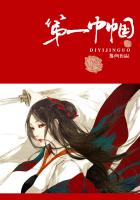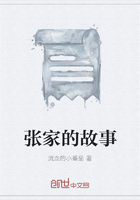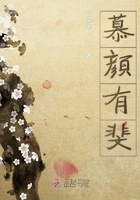Though it was unusual, it was not unknown for a man out of the crowd to last the distance against one of the professional boxers. Admittedly they weren't the best in the world, but they did include some of the best in Australia. Put up against a flyweight because of his size, Frank knocked him out with the third punch he threw, and offered to fight someone else. By the time, he was on his third professional the word had got around, and the tent was so jammed they could not fit another eager spectator inside. He had hardly been touched by a glove, the few blows he had taken only provoking his ever-smoldering rage. He was wild-eyed, almost spitting in passion, each of his opponents wearing Paddy's face, the yells and cheers of the crowd throbbing in his head like a vast single voice chanting Go! Go! Go! Oh, how he had ached for the chance to fight, denied him since coming to Drogheda! For to fight was the only way he knew of ridding himself of anger and pain, and as he landed the felling punch he thought the great dull voice in his ears changed its song, to Kill! Kill! Kill! Then they put him with one of the real champions, a lightweight under orders to keep Frank at a distance and find out if he could box as well as he could punch. Jimmy Sharman's eyes were shining. He was always on the lookout for champions, and these little country shows had yielded several. The lightweight did as he was told, hard-pressed in spite of his superior reach, while Frank, so possessed by his hunger to kill that dancing, elusive figure he saw nothing else, went after him. He learned with every clinch and flurry of blows, one of those strange people who even in the midst of titanic rake still can think. And he lasted the distance, in spite of the punishment those expert fists had meted out; his eye was swelling, his brow and lip cut. But he had won twenty pounds, and the respect of every man present. Meggie wriggled from Father Ralph's slackened clasp and bolted from the tent before he could catch hold of her. When he found her outside she had been sick, and was trying to clean her splattered shoes with a tiny handkerchief. Silently he gave her his own, stroking her bright, sobbing head. The atmosphere inside had not agreed with his gorge either, and he wished the dignity of his calling permitted him the relief of releasing it in public.
"Do you want to wait for Frank, or would you rather we went now?" "I'll wait for Frank," she whispered, leaning against his side, so grateful for his calmness and sympathy.
"I wonder why you tug so at my nonexistent heart?" he mused, deeming her too sick and miserable to listen but needing to voice his thoughts aloud, as do so many people who lead a solitary life. "You don't remind me of my mother and I never had a sister, and I wish I knew what it was about you and your wretched family . . . . Have you had a. hard life, my little Meggie?" Frank came out of the tent, a piece of sticking plaster over his eye, dabbing at his torn lip. For the first time since Father Ralph had met him, he looked happy; the way most men did after what one knew was a good night in bed with a woman, thought the priest.
"What's Meggie doing here?" he snarled, not quite down from the exaltation of the ring.
"Short of binding her hand and foot, not to mention gagging her, there was no way I could keep her out," said Father Ralph tartly, not pleased at having to justify himself, but not sure Frank wouldn't have a go at him, too. He wasn't in the least afraid of Frank, but he was afraid of creating a scene in public. "She was frightened for you, Frank; she wanted to be near enough to you to see for herself that you were all right. Don't be angry with her; she's upset enough already."
"Don't you dare let Daddy know you were within a mile of this place," Frank said to Meggie.
"Do you mind if we cut the rest of our tour short?" the priest asked. "I think we could all do with a rest and a cup of tea at the presbytery." He pinched the tip of Meggie's nose. "And you, young lady, could do with a good wash."
Paddy had had a tormenting day with his sister, at her beck and call in a way Fee never demanded, helping her pick her fastidious, cross-patch way through the Gilly mud in imported guipure lace shoes, smiling and chatting with the people she greeted royally, standing by her side as she presented the emerald bracelet to the winner of the principal race, the Gillanbone Trophy. Why they had to spend all the prize money on a woman's trinket instead of handing over a gold-plated cup and a nice bundle of cash was beyond him, for he did not understand the keenly ******* nature of the race meeting, the inference that the people who entered horses didn't need vulgar money, instead could carelessly toss the winnings to the little woman. Horry Hopeton, whose bay gelding King Edward had won the emerald bracelet, already possessed a ruby, a diamond and a sapphire bracelet from other years; he had a wife and five daughters and said he couldn't stop until he had won six bracelets.


